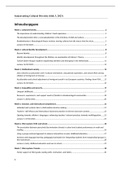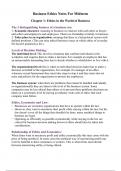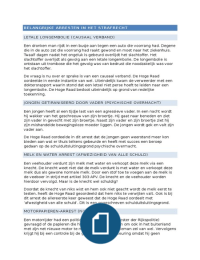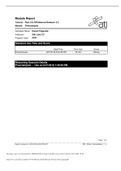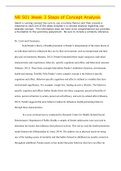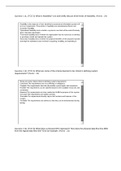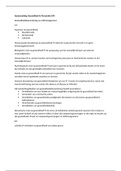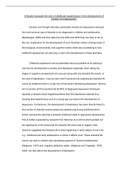Samenvatting
Samenvatting Cultural diversity 2023 Universiteit Utrecht (literatuur + hoorcolleges)
- Instelling
- Universiteit Utrecht (UU)
In deze samenvatting is alle literatuur van week 1 tot en met week 8 samengevat met de bijbehorende hoorcolleges. Na elke samenvatting is een korte Nederlandse beschrijving van het onderwerp te vinden ter verduidelijking. Dit is een samenvatting uit 2023 dus na de vernieuwing van het vak.
[Meer zien]
